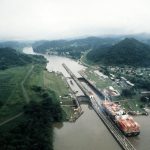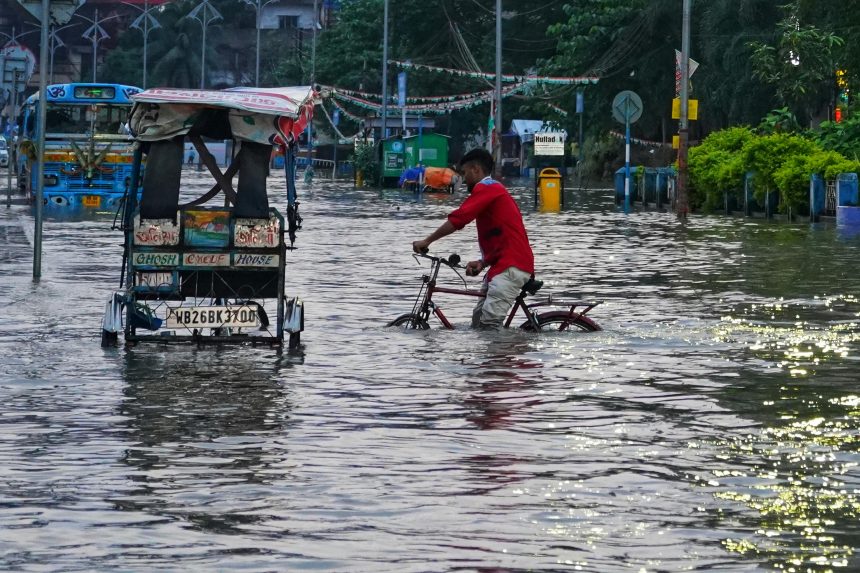Bengaluru, often dubbed the “Silicon Valley of India,” faced severe disruption this week as relentless pre-monsoon rains inundated the city, exposing critical flaws in its urban infrastructure.
Record Rainfall Brings City to a Standstill
Between Sunday night and Monday morning, Bengaluru received approximately 130 mm of rainfall in just 12 hours, leading to widespread chaos. The deluge resulted in three fatalities, submerged around 500 homes, and pushed over 20 lakes to near overflow levels. Public transportation was severely affected, with numerous underpasses and flyovers shut due to flooding, causing traffic delays lasting for hours.
Tech Corridors Submerged
Key IT hubs such as Manyata Tech Park, Electronic City, and Whitefield were among the worst-hit areas. Employees faced flooded campuses and inaccessible roads, with some areas experiencing chest-high water levels. The 9.9-km Electronics City Elevated Expressway was closed for hours, severely impacting commutes to major IT firms like Infosys, Wipro, and Biocon.
Infrastructure Failures Exposed
Residents in neighborhoods like Kengeri, Koramangala, and BTM Layout reported inundated homes and disrupted transportation. In Kengeri, over 100 homes were flooded, with residents blaming disconnected drains and unchecked development for the recurring flooding. In Koramangala, heavy rain between 3:30 am and 5:30 am on Monday flooded multiple blocks, with drains overflowing due to garbage.
Emergency Responses and Public Outcry
In response to the flooding, authorities deployed dinghies and tractor-trailers to rescue residents stranded in knee-deep water. The situation sparked public outrage, with prominent citizens such as Biocon founder Kiran Mazumdar-Shaw and venture capitalist Mohandas Pai criticizing the state government for inadequate infrastructure and poor urban planning.
Government’s Mitigation Efforts
Karnataka Deputy Chief Minister DK Shivakumar stated that 70% of the 210 identified flood-prone areas in Bengaluru have been addressed, with ongoing work in the remaining locations. He also noted that the city has constructed 197 km of stormwater drains as part of flood prevention measures. However, residents and opposition parties have criticized the government’s efforts, highlighting the recurring nature of the flooding problem.
A Recurring Crisis
This recent flooding is not an isolated incident but part of a pattern of recurring water crises in Bengaluru. In 2024, after months of drought, the city was battered by heavy rains beginning in May, triggering widespread flooding. The deluge resulted in uprooted trees, submerged underpasses, and waterlogged streets.
Looking Ahead
With the monsoon season approaching, Bengaluru faces the urgent task of overhauling its urban planning and infrastructure to prevent future disasters. The recent events underscore the need for sustainable development and effective governance to protect the city and its residents from the growing threat of climate-induced calamities.











